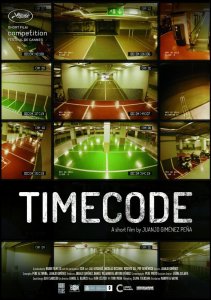Bettenridge’s law of headlines dictates that “Any headline that ends in a question mark can be answered by the word no.” In the case of whether or not J.R. R. Tolkien’s Middle-earth is a fantasy land that has space for people of colour, it’s unfortunately not that simple.
The full title for the television series taking place in the same universe as the critically acclaimed The Lord of the Rings was announced just this past month, with The Lord of the Rings: The Rings of Power acting as a prequel set thousands of years before the original trilogy of films. Soon after followed 23 individual posters featuring the hands of different characters, a startling development for those who hadn’t been closely following casting news for the show.

As briefly discussed in my first post this year, there’s nothing more emblematic of our present-day culture than division and polarization. With every announcement decisions must be made and opinions cemented, dictating what side of any particular issue you find yourself on. To say that the same is true for the existence of BIPOC (Black, Indigenous, [and] People of Colour) in a historically lily-white franchise is putting it lightly. The following tweet made by the amusingly named (at the time of this writing) “guy online” highlights the conflict accordingly:
Knowing this is the case and having these camps laid out in such stark contrast makes it awkward for me to admit that I’ve found myself in a place where I’m also side-eyeing production for casting actors of colour in various roles, a sentiment that on the surface places me in some admittedly unpleasant company. Let me explain- Continue reading



 With the 89th Academy Awards coming in just a few short days I’m grateful for the opportunity to interview director Juanjo Giménez and pick his brain about Timecode, which has been nominated for Best Short Film.
With the 89th Academy Awards coming in just a few short days I’m grateful for the opportunity to interview director Juanjo Giménez and pick his brain about Timecode, which has been nominated for Best Short Film.
 Last week, CWR published our
Last week, CWR published our 